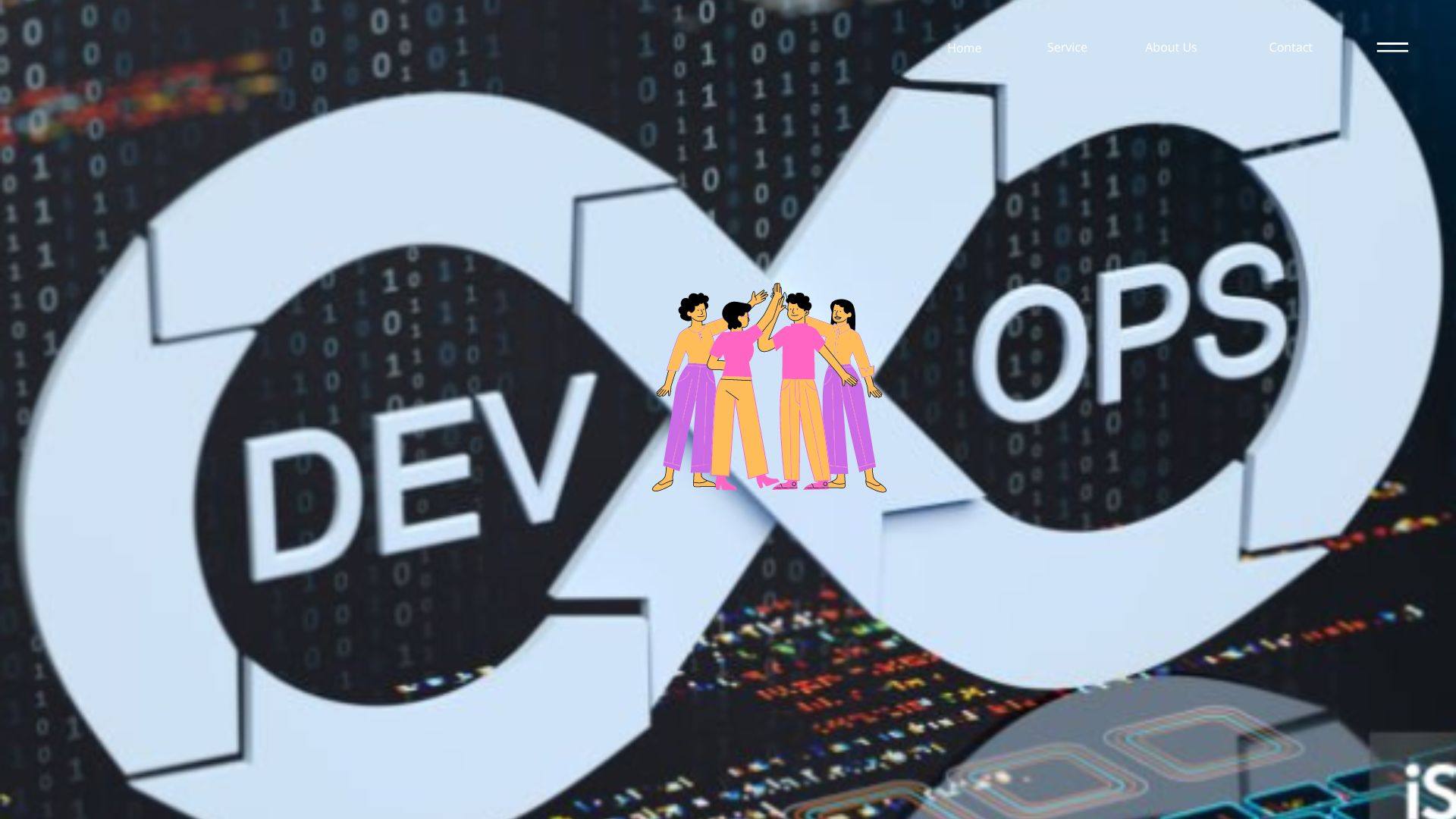In today’s business landscape, effective team management is a critical challenge for every company. Poor management often leads to project delays, resulting in significant financial losses. While developer and operation teams are instrumental in project success, conflicts between them can hinder project delivery.
During project completion, conflicts may arise between developer and operation teams over server issues, production systems, fault attribution, unnecessary alerts, time-saving strategies, and scripting methods. These conflicts can impede progress and compromise project timelines.
DevOps plays a pivotal role in managing teams, specifically the developer and operation teams, to ensure successful project completion. By integrating the development (Dev) and operations (Ops) functions, DevOps methodology emerges, acting as a bridge to resolve conflicts between these teams effectively. Leveraging DevOps tools, teams can enhance productivity, streamline processes, pinpoint exact issues, and ultimately deliver bug-free projects on time. This approach not only boosts efficiency but also contributes to increased profitability for organizations.
The DevOps concept originated around 2007-2008 and has since gained significant traction. Today, major corporations such as Amazon, Netflix, Target, and Adobe are actively adopting DevOps practices. As businesses continue to prioritize agility and efficiency, the demand for DevOps engineers is expected to rise sharply, leading to higher salaries in the future.
DevOps engineers play a crucial role in implementing DevOps principles and practices within organizations. They should possess a diverse skill set, including proficiency in programming languages, Linux or UNIX operating systems, software development methodologies, automation and configuration management tools, as well as networking and infrastructure. By leveraging these skills and tools effectively, DevOps engineers can address various challenges and drive organizational success in a rapidly evolving technological landscape.
DevOps has revolutionized the software development and deployment process by facilitating collaboration between operations and development teams. This collaborative approach ensures a shared understanding of the application’s requirements and deployment strategy, leading to improved efficiency and effectiveness in delivering software solutions.
At Schemaphic Systems, we fully embrace the DevOps concept and leverage its value to the fullest. Utilizing tools such as Docker, GitHub, Cloud Computing, Jenkins, and AWS S3, we optimize our processes for better outcomes. DevOps methodology is instrumental in enhancing teamwork and collaboration, ensuring successful project completions. By integrating DevOps practices, we nurture a positive work culture, driving increased profitability and team satisfaction.
